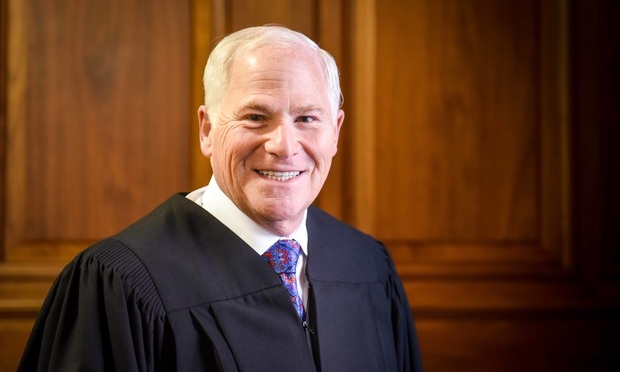Aristotle is said to have observed: “It is more proper that law should govern than any one of the citizens.” Aristotle’s pronouncement may well have been the genesis of the Rule of Law, which may be distilled to the proposition that we are all governed by law, including the individuals who hold governmental positions. It is recognized in our current system of separation of powers by which our federal and state constitutions distribute power among three branches of government and provide mechanisms for each branch to check and balance exercises of power by the other branches. The judiciary is a check on both the executive and legislative branches but equally so those branches have their own check on the judiciary.
Among the means available to the judicial branch to curb excesses by the other branches of government, the one that comes most readily to mind is the power of the courts to authoritatively pronounce that a particular legislative enactment or executive action runs afoul of the Constitution or laws of New York. It is equally well known that the legislative and executive branches have the authority to overrule judicial constructions of legislation and to determine the budget of the judiciary and set the compensation of the judges. These are weighty and important issues that often garner media headlines and galvanize public attention. But in other ways, day in and day out, our courts play an important role in protecting the average person from the prospect of arbitrary governmental overreach. One such way is through the use of Article 78 of the Civil Practice Law and Rules.


 Alan Scheinkman, Presiding Justice, Appellate Division, Second Department
Alan Scheinkman, Presiding Justice, Appellate Division, Second Department




